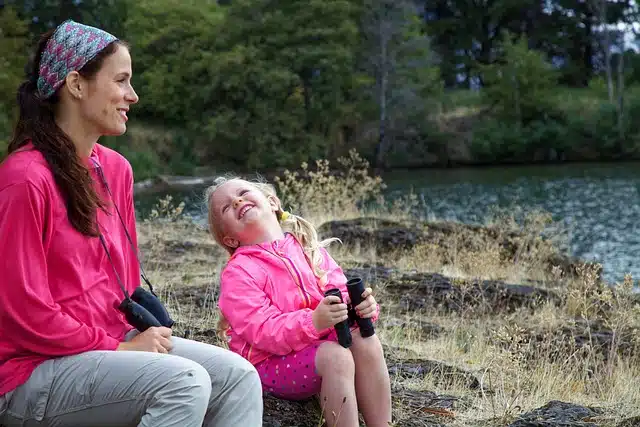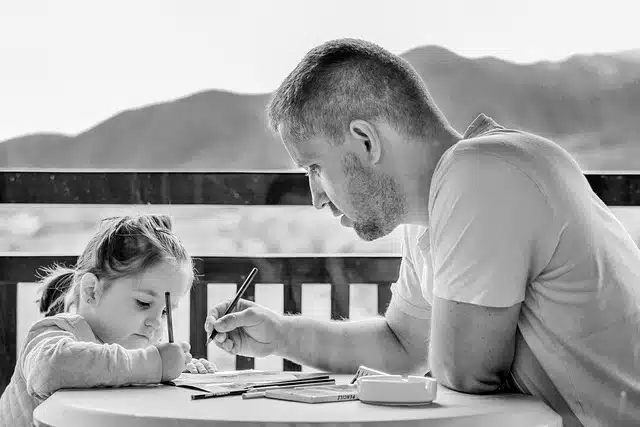
Parenting is associated with the care and education of children by their parents or guardians.
Parenting is the act and consequence of raising : caring for, feeding and educating a living being, or producing or developing something. The concept is usually applied to the task carried out by the parents or guardians of a child during the first years of his or her life .
For example: “There are various ways of parenting: each parent must choose the one that adapts to their principles and ideas,” “After the tragic death of the couple, the maternal grandparents took charge of raising the child,” “The State "must assist parents without resources in raising their children."
raising children
Raising children involves providing them with adequate material and emotional support so that they can fully develop their abilities. Children need support from adults to survive in childhood and reach maturity in a healthy and full way.
While we cannot live adequately in society without money and material belongings, love , support, understanding and compassion are worth much more than gold, and are the fundamental components of good parenting: everything else can be had over time.
The main responsibility for upbringing falls on the parents (biological or adoptive) or guardians of the minor. In any case, the process is developed in interaction with society in general and with the State . The law establishes certain obligations that those responsible for a child must fulfill, among which sending the child to school stands out.

Parenting must be developed with love.
Different types
It is important to mention that there is no single form of parenting: it can be permissive , authoritarian , democratic , etc. There are parents, in this framework, who grant a lot of freedom to children, while others opt for overprotection.
As in any other topic related to human emotions, extremes are not healthy, even if at first they seem like the "fair" option. Due to issues related to our own nature, our body needs many years of development before reaching a state of total autonomy in which it can make all decisions regarding its safety and growth . This leads us to think that an upbringing based on total freedom can be very harmful for a child.
Of course, during the development stage, at very specific moments, freedom generates an apparently positive response: what child would object to deciding where the whole family will go on vacation or what things to buy with the money their parents have saved all year? ? Surely the possibility of making these and other decisions will put a smile on your face, but as you approach adulthood, you will begin to have problems adapting to society , where your influence is negligible compared to what you had at home. .
On the other hand, parenting based on overprotection may seem opposite at first glance, but the consequences are not so different. During a child's development , having their elders always by their side, accompanying their every step and warning them about how dangerous the outside world is can be comforting; However, when they finally let go of his hand and he finds himself alone in front of the rest of society, he discovers that he does not have the necessary tools to live on his own.
Attachment Parenting
In recent years there has been a boom in so-called attachment parenting , which supports the need to establish a very strong emotional bond with the child during childhood so that the child can later develop an independent and secure personality.
Attachment parenting invites us to encourage maternal contact as long as possible and to respond sensitively to each of the baby's needs.
